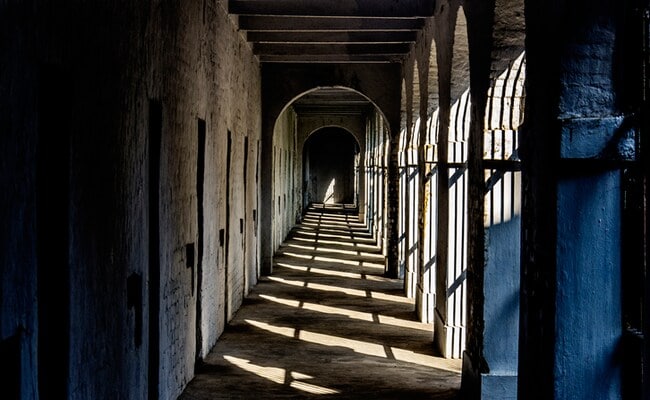The Delhi High Court has held that Indian law, including the Delhi Prison Rules, does not permit the grant of parole to a convict solely for the purpose of maintaining a conjugal relationship with a live-in partner, especially when the convict is already legally married.
Justice Swarana Kanta Sharma said that parole cannot be granted to a convict on grounds of having a child or maintaining conjugal relationships with a live-in partner when the convict has a legally wedded wife and children born from that marriage.
Granting such parole, the court cautioned, would set a detrimental precedent.
The court’s observations came while dismissing a plea by a murder convict seeking parole to consummate his marriage with his live-in partner and to maintain social ties. The convict failed to disclose his existing marriage and children from his first marriage.
Justice Sharma said that a live-in partner, lacking legal recognition as a spouse, does not fall within the scope of the definition of “family” under the Delhi Prison Rules, which include grandparents, parents, siblings, spouse, children, and grandchildren.
While acknowledging the personal choices and relationships of individuals, the court clarified that it doesn’t interfere in the personal lives of adults unless there are criminal complaints. However, when such matters come before the court seeking legal relief, decisions are made based on existing laws and prison rules, devoid of personal or societal morality, it added.
(Except for the headline, this story has not been edited by NDTV staff and is published from a syndicated feed.)
